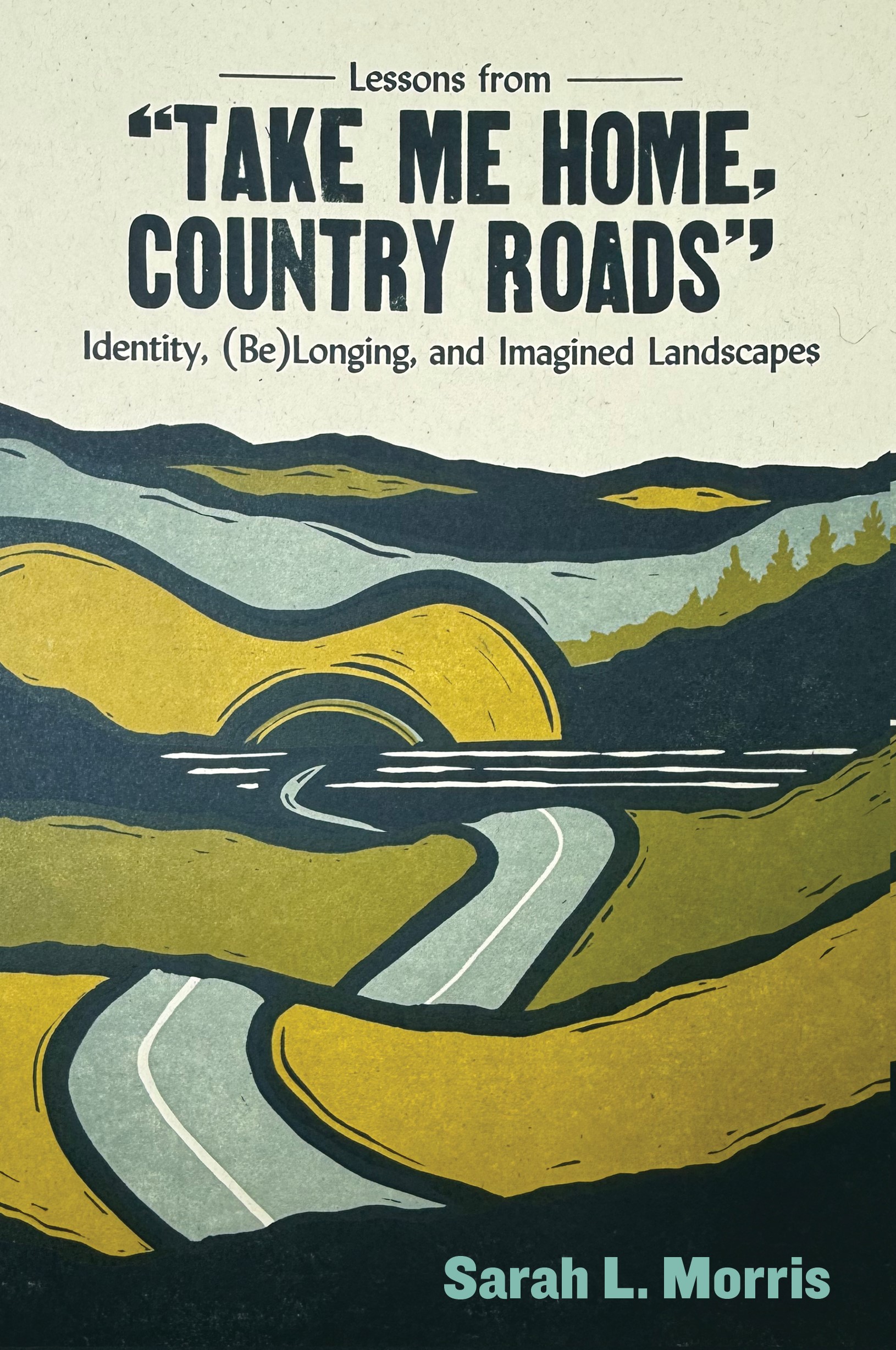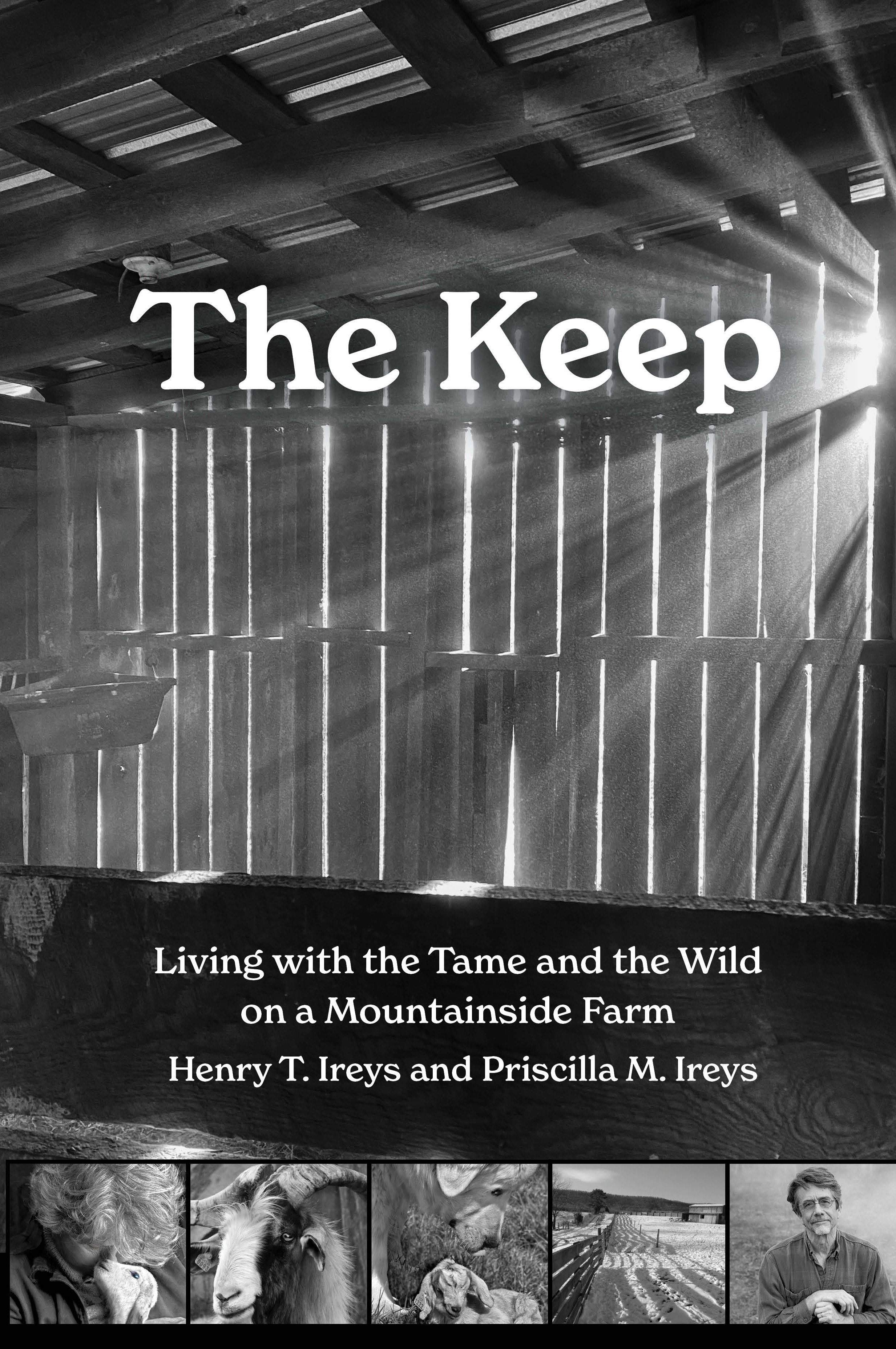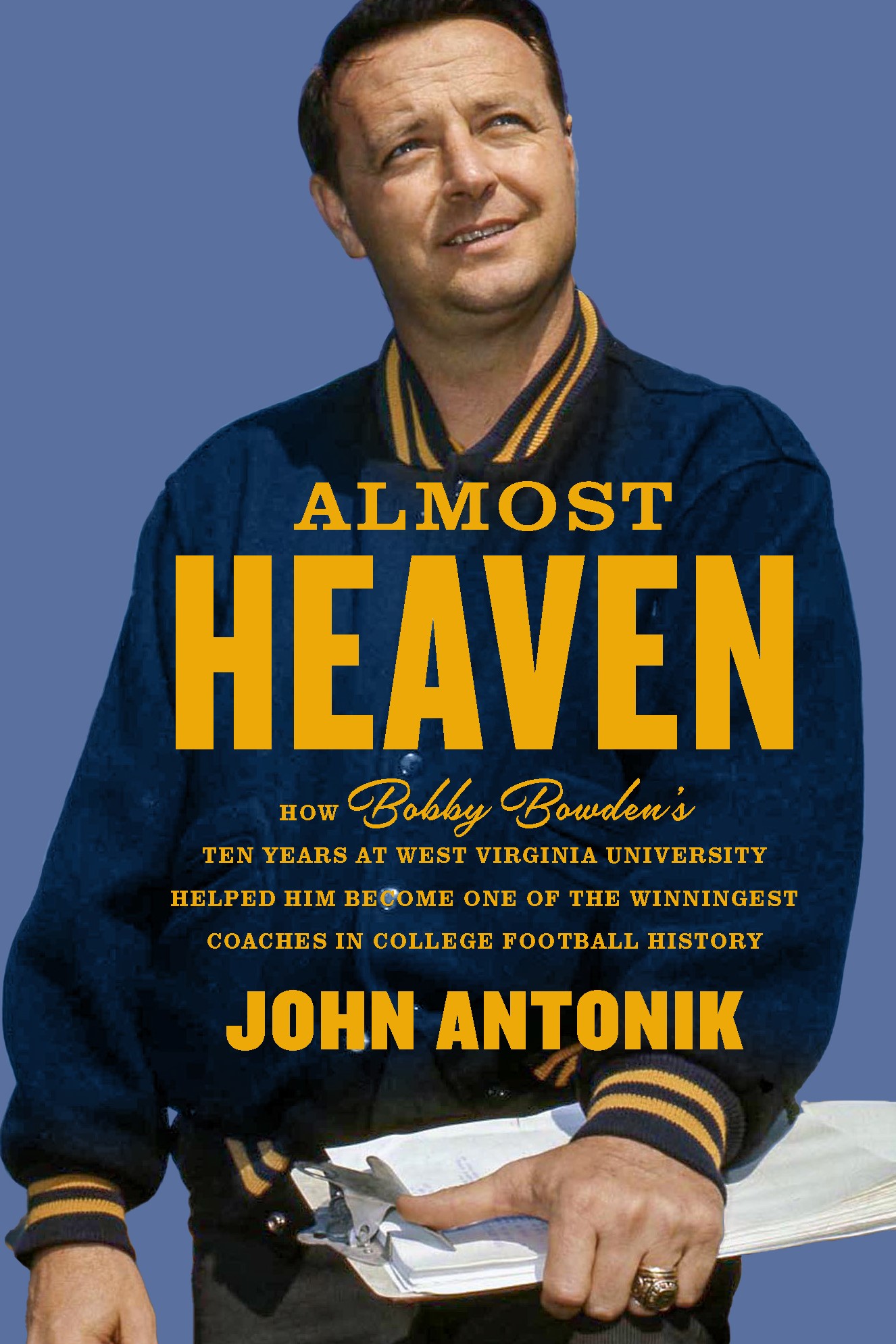Lessons from "Take Me Home, Country Roads"
Identity, (Be)Longing, and Imagined Landscapes
Summary
You may have heard it at a football game, in an advertisement, or on the radio on a road trip far from home. You may have sung along on a rooftop in Thailand, at Oktoberfest in Belgium, or with a Japanese cover band. It may have moved you to dance at a wedding or cry at a funeral. Regardless of where it plays, the song “Take Me Home, Country Roads” is ubiquitous, unmistakable, universal. Written and recorded by Bill Danoff, Taffy Nivert, and John Denver in 1971, the song continues to resonate across cultures and audiences, carrying meaning beyond naming and inviting transformation for a range of rhetorical purposes in nearly 300 recorded English versions and in more than 20 languages.
This book examines “Country Roads” as it illuminates a universal sense of belonging to place even as it obscures the literality of the place it names. In examining “Country Roads” as anthem, text, artifact, and rhetoric, this work untangles ideas related to place, belonging, identity, and pedagogy. Sarah L. Morris uses the Welsh term hiraeth, which is an existential longing for an idealized, sometimes imaginary home, as a governing framework for this work. She explores the song in various contexts, such as how it pertains to West Virginia geography and heritage and the diversity of these beliefs, external perceptions of the state, concepts of home and belonging, and the song as a phenomenon across different media platforms. “Take Me Home, Country Roads,” while being about West Virginia, has registered as a global phenomenon.
Contents
Acknowledgments
Chapter 1
The Song Is a Memory (an Introduction)
Chapter 2
Hiraeth, Home, and West Virginian Rhetorics of Identity
Chapter 3
Placing “Country Roads” in Context
Chapter 4
A West Virginia State of Mind
Chapter 5
Evoking (and Marketing) Belonging and Home
Chapter 6
The Window, the Mirror, and the Lens: Pedagogical Implications
References
Index
Author
Sarah L. Morris is assistant professor in the department of English and coordinator of undergraduate writing at West Virginia University. She is also co-director of WVU’s National Writing Project. Morris holds an MA in English / Language Arts Teacher Education from WVU and a PhD in English from the University of Maryland. This is her first book.
Reviews
“This brilliant, heartfelt work belongs on the bookshelf of anyone interested in regional West Virginia and Appalachian studies. Morris’s thoughtful exploration of the ways we are shaped by music and public rhetoric has relevance for people in all places and all walks of life. I never knew how much ‘Country Roads’ could teach me about identity in all its complexities until I read this book.”
—Amanda E. Hayes, author of The Politics of Appalachian Rhetoric (WVU Press, 2018) and The Madison Women: Gender, Higher Education, and Literacy in Nineteenth-Century Appalachia (WVU Press, 2024)
"This book offers a compelling exploration of 'Country Roads' as a song of global resonance—tracing how a distinctly American ballad came to embody a universal sense of belonging and longing for home."
—Debra Lattanzi Shutika, author of Beyond the Borderlands: Migration and Belonging in the United States and Mexicoand associate professor of folklore at George Mason University














